A chasm between Wisconsin's special-ed needs and resources
The amount of funding from the state for special education only covers a limited portion of the cost incurred by school districts, which are left to fill the gap — Lakeland STAR Academy, a charter school in Minocqua that teaches students on the autism spectrum, is able to operate with generous local philanthropic support, but its model is difficult to replicate.
By Zac Schultz | Here & Now
November 22, 2021 • Northern Region
Lakeland STAR Academy is not your typical school. For starters, it’s technically two charter schools, and part of the Lakeland Union High School in Minocqua.
From its inception, Lakeland STAR was designed to serve middle and high school students with sensory needs, primarily students with a diagnosis on the autism spectrum. The first thing you might notice is each ceiling light is covered by a blue cape.
“Right out of the gate, when they came through our front door, meeting their sensory needs, explained school director Eric Mikoleit.
He said bright lights and noises can be a barrier to learning.
“If we would meet their sensory needs from acoustics and lighting and sound that many students on the spectrum” find difficult, explained Mikoleit, “we knew that they would have to become regulated before we could even touch math and English.
Indigo the dog roams the hall, looking to get petted and the occasional treat.
“Some of our students, Indigo is just there, but some students really flock to that if it decreases their anxiety,” Mikoleit said.
For some students, the first class of the day is 45 minutes north at Scholl Community Impact Group, where working with horses forces kids to communicate verbally, and learning to ride doubles as occupational therapy, teaching balance and coordination.
“We have seen great growth when it comes to communication in occupational therapy and just having a place to to kind of relax,” Mikoleit said.
Mikoleit said the biggest gains are not found in test scores, but in the personal growth of kids who may never have felt comfortable in a school environment before now.
“They’re increasing confidence,” he said, “where they’re looking at school now as not as an adversary.
Lakeland STAR was created in 2017 because local parents did not like the services available for their children in the traditional public school setting.
It’s modeled off a school in Minnesota called Lionsgate Academy — Mikoleit remembers his feeling during his first visit.
“The more they talked, it was kind of jaw dropping,” he said. “OK, we gotta go back to Wisconsin. It just went from there.”
The problem is in Minnesota the state provides the funding to run Lionsgate.
As a Wisconsin charter school, money follows the STAR Academy students over from the high school, but that isn’t enough to pay for the staffing they need.
“We have a full-time speech and language, we have a full-time occupational therapist. We have full-time [board-certified behavior analyst], which is unheard of in traditional public schools here in the state of Wisconsin,” Mikoleit explained.
So the parents started fundraising. The local Howard Young Foundation came on board, then they held a golf tournament.
“When we had our first golf outing four years ago and we raised about $400,000, no one knew what to expect,” said Mikoleit. “If we raised a dollar great, if we raised $400,000, you got to be kidding me. Then the second year was almost double, then the third year we had covid, This past year was close to $1.3 million.”
It’s a stunning amount of money for a school with 38 students.
“I’ve never been in a community that have supported it the way they do,” he said
Mikoleit noted their biggest problem now is a lack of space.
“We have a lot of phone calls where it’s tough to say no,” he said. “It’s tough to tell families outside of our district, in our district, that sorry, we’re on a waiting list.”
Students who can’t get into STAR Academy go across the parking lot to Lakeland Union High School, where the majority of kids in the district with special education needs are taught.
“There’s no shortage of need, said Rebecca Jablonski, director of special education at Lakeland Union.
She would love to be able to offer the same set of services.
“Therapy dog, smaller case management sizes, more instruction available for speech and language — if I could have that here, that’d be great. I would be in heaven,” said Jablonski.
Her budget for 118 students is half that of STAR Academy.
Jablonski is happy for STAR’s fundraising and what it means for those kids, but it’s also frustrating.
“It doesn’t frustrate me because we don’t have it available,” she said. “It frustrates me because I can’t offer it to all the students.”
But why not?
“In comparison to the amount of services that special ed kids need, the amount of money that’s funded is very low,” said Jablonski.
The problem is the state knowingly underfunds special education, but schools are required by law to provide the services, so they have to take money from general education or shortchange special ed.
“We’ve intentionally set this system up, said Jeff Spitzer-Resnick, a civil rights lawyer who has sued multiple school districts on behalf of special education students in order to force schools to provide the services they need.
“I hope I’m helping to change the system,” said Spitzer-Resnick, who is also advocacy chair for the Autism Society of South Central Wisconsin. “Sometimes it’s one step at a time. Sometimes it’s bigger picture.”
Spitzer-Resnick explained how the state funds special education, with each school submitting their estimated costs to the state, and then the available money is split proportionately.
“For every dollar that’s requested from every school district in special ed, we’re going to give 28 cents,” he noted.
Spitzer-Resnick said that 28% reimbursement level is the lowest in the nation for states that use this method.
The federal government also shortchanges what it has promised for special education, contributing another 24%. That adds up to 52% of the costs being covered, leaving the rest for each school district to figure out on their own.
“The Legislature sooner or later, unless it’s all going to crumble, needs to accept their responsibility to provide appropriate education for all our children,” said Spitzer-Resnick.
Funding levels are a budget decision. Republicans in the state Legislature have kept special education reimbursement to around 28% for the last decade.
In the 2020-21 school year, districts estimated $1.6 billion in services needed — the state provided just $450 million.
Democratic Gov. Tony Evers proposed a massive increase in special education spending in his last budget. His plan would have increased state funding by $709 million over the next two years, bringing reimbursement levels to 50%.
Instead, Republicans added $85 million in the budget they passed, which will bring reimbursement levels to 30%.
“I think overall it was a pretty darn good budget, said state Rep. Rob Swearingen, R-Rhinelander, who is Lakeland STAR’s biggest champion in the legislature.
“I’m not an expert on autism,” he said. “I can tell you this: It’s not going away. And the state better start addressing it more than what they’re doing now.”
In the last two budgets, Swearingen has been able to get his colleagues to insert funding specifically for Lakeland STAR.
Evers has vetoed that funding each time, saying he doesn’t want to pick winners and losers by targeting individual schools.
“It was a personal gut punch to me from Governor Evers when he when he vetoed it a second time and he claims winners and losers,” Swearingen said.
Swearingen suggested other districts should look to copy Lakeland STAR.
“That model could be maybe duplicated in other parts of the state when you certainly would have to have community support,” he said.
Mikoleit said he’s been getting calls, but without million dollar fundraisers, just starting a charter school isn’t enough.
“That would be difficult in the current model to be able to replicate that without actually having changes in Madison and so forth, and how we fund our schools,” he said.
“When they start to siphon off money from already shortchanged public schools, that’s a problematic public policy decision,” said Spitzer Resnick.
He said even charter schools that are part of their larger district double up overhead costs and take away from the other students.
“I want to be clear, it doesn’t mean that’s a bad school, doesn’t mean those kids aren’t getting a good education. And it doesn’t mean that the parents and educators who formed it did it with ill intent,” said Spitzer-Resnick about Lakeland STAR. “They saw a sick system, an unhealthy system, and they’re doing what they can to address it. But that’s not a systemic fix.”
Whether or not Lakeland STAR Academy can be replicated, the larger question is whether their success with students should be considered exceptional or the baseline for what special education students deserve.
“Where’s the benchmark? Where does it start? Where is the ceiling? Is this a high benchmark?” asked Swearingen.
There are more than 13,000 students diagnosed on the autism spectrum in Wisconsin, and Lakeland STAR Academy is teaching less than 40 of them.
In the 2021-23 budget, Republicans prioritized $2 billion in tax cuts. The state has a $1.7 billion surplus, … but Swearingen said it can’t afford more for special education, even though he supports it for Lakeland STAR.
“Core Republicans are going to always say we need more tax cuts, you know? But I guess I wouldn’t I wouldn’t paint them as anti-education,” said Swearingen.
Mikoleit saidy his students are all the evidence you need to prove it’s worth the cost.
“As they say, pay me now or pay me later type of model,” he said, “where sure, that might be a sticker price when you first look at it.”
Another program at Lakeland STAR is located in donated space at a nearby medical center.
This is a lab, called a Practical Assessment Exploration System, where students do hands-on work to find out what real-world jobs they may be suited for — and what jobs they enjoy doing.
“It’s a business atmosphere. The kids actually have to punch in on a time clock,” said Swearingen.
It’s one of his favorite things about Lakeland STAR.
“These kids are learning real-world skills that they can pick up on and move out into the community and have done so,” Swearingen said.
There’s even a driving simulator where students can get their driver’s license.
Mikoleit said most parents of his students never dreamed their children would drive a car to a job.
“That look was like, really Eric, you want to do drivers ed, in the Northwoods, [for] students with developmental disabilities?” he recalled.
Mikoleit said while they’re not cheap, these are the programs that give these kids a chance to be full participants in society, making the expense worth every penny.
“What we are saving actually, to the taxpayer, where we’re not feeding a prison pipeline, where we’re not being [an] additional cost to the health care system, where we’re addressing it now in a way where it actually is less money and et cetera, to the taxpayers,” he said. “And that’s something just that has to flip a lens that has to flip. And we’re hoping to continue with our success that we can flip that lens.”
 Passport
Passport




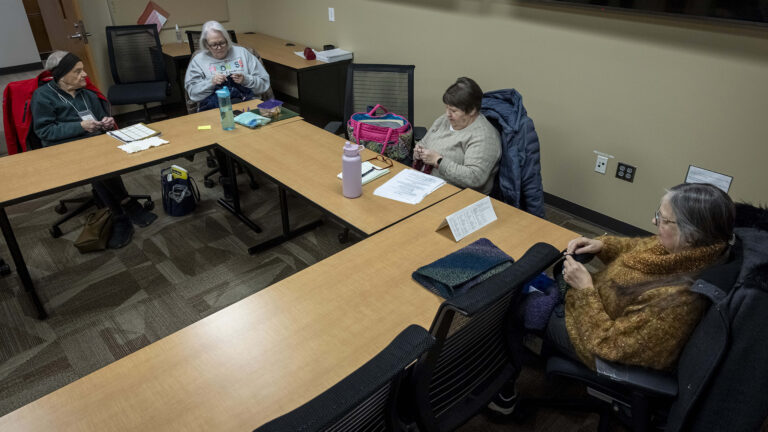
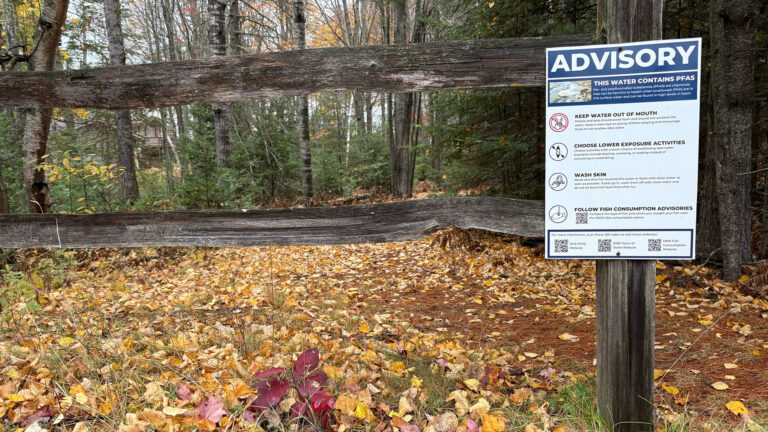
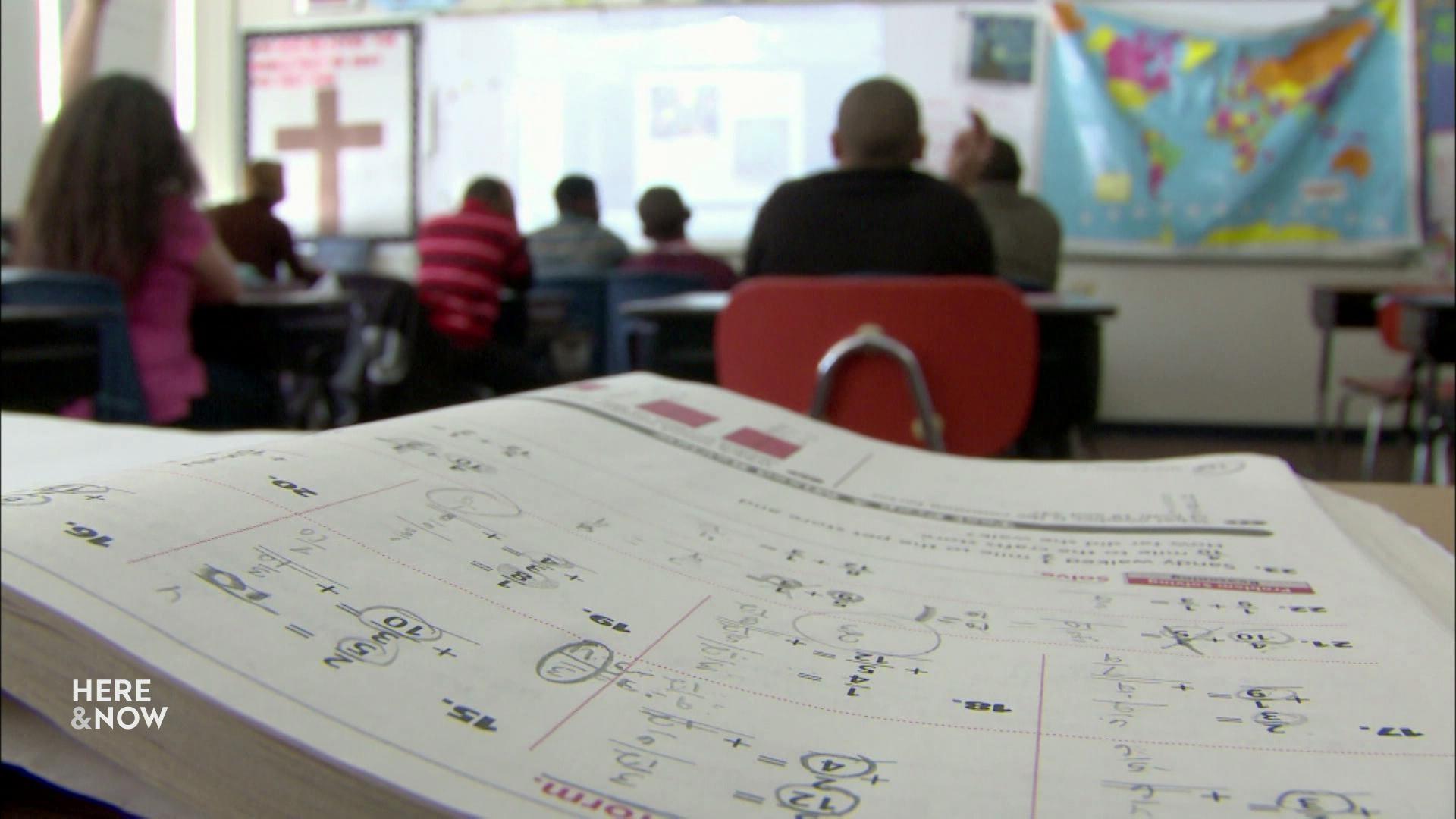
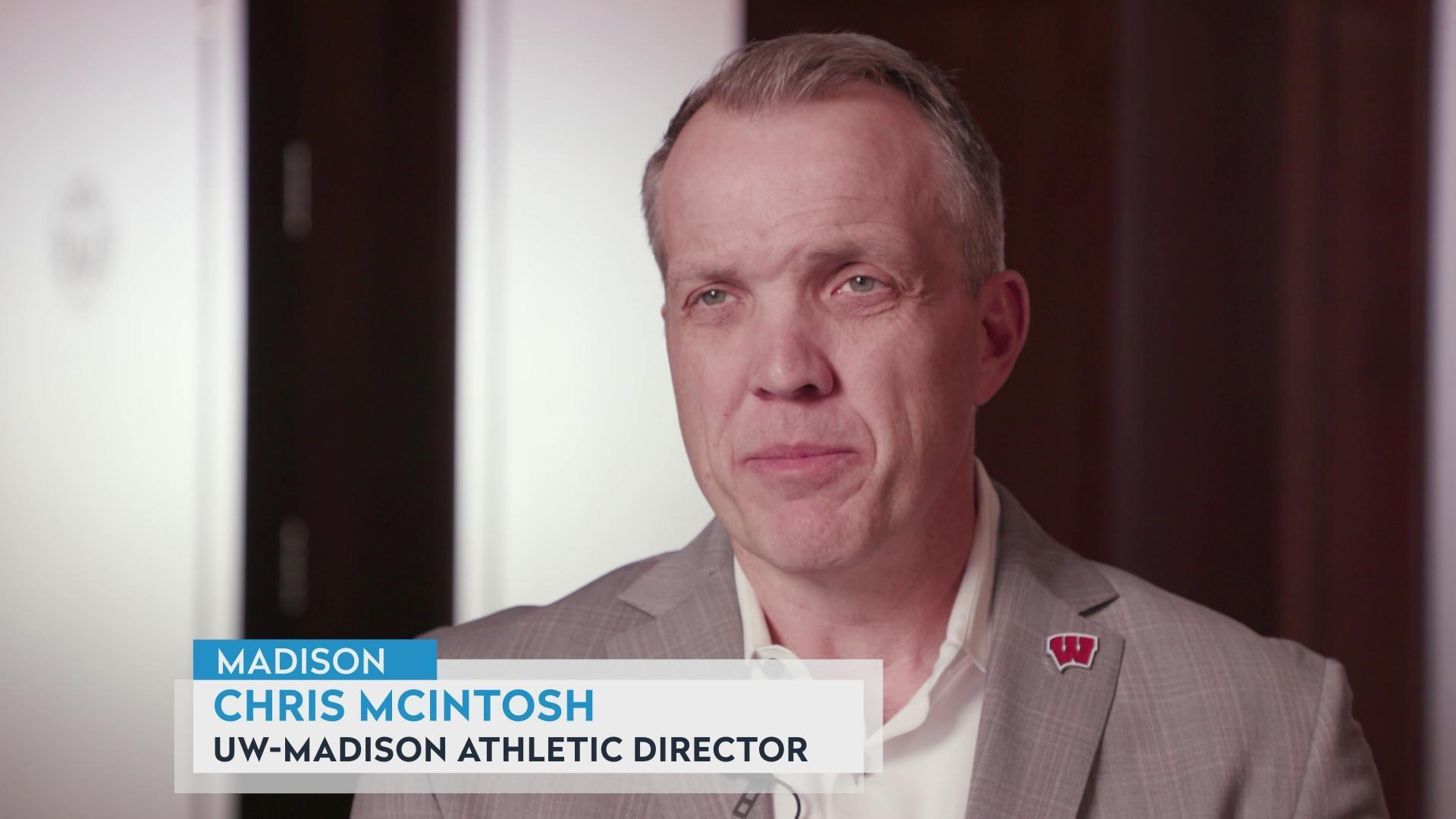
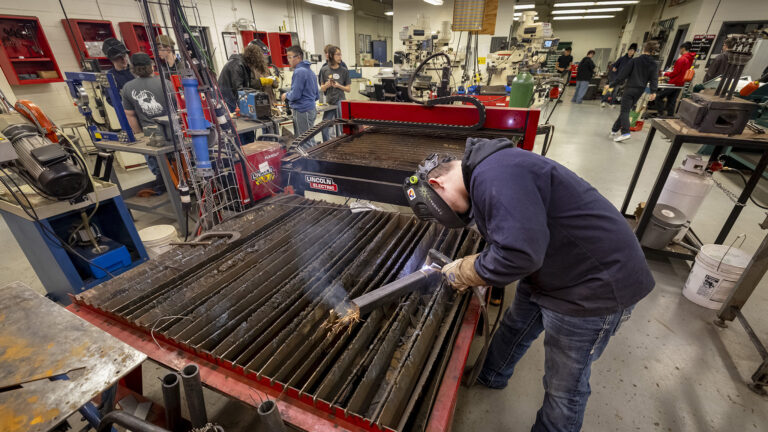
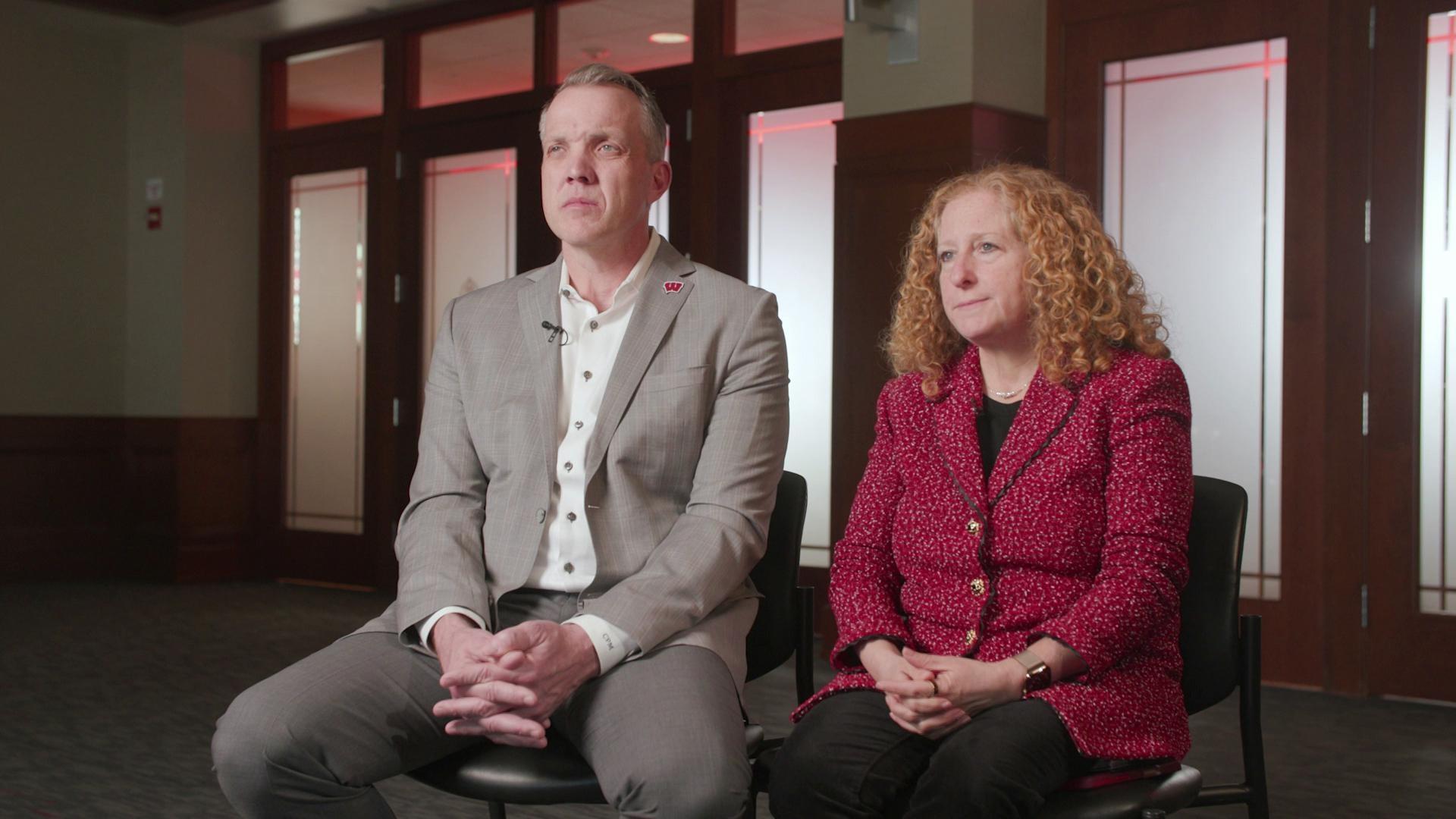

Follow Us